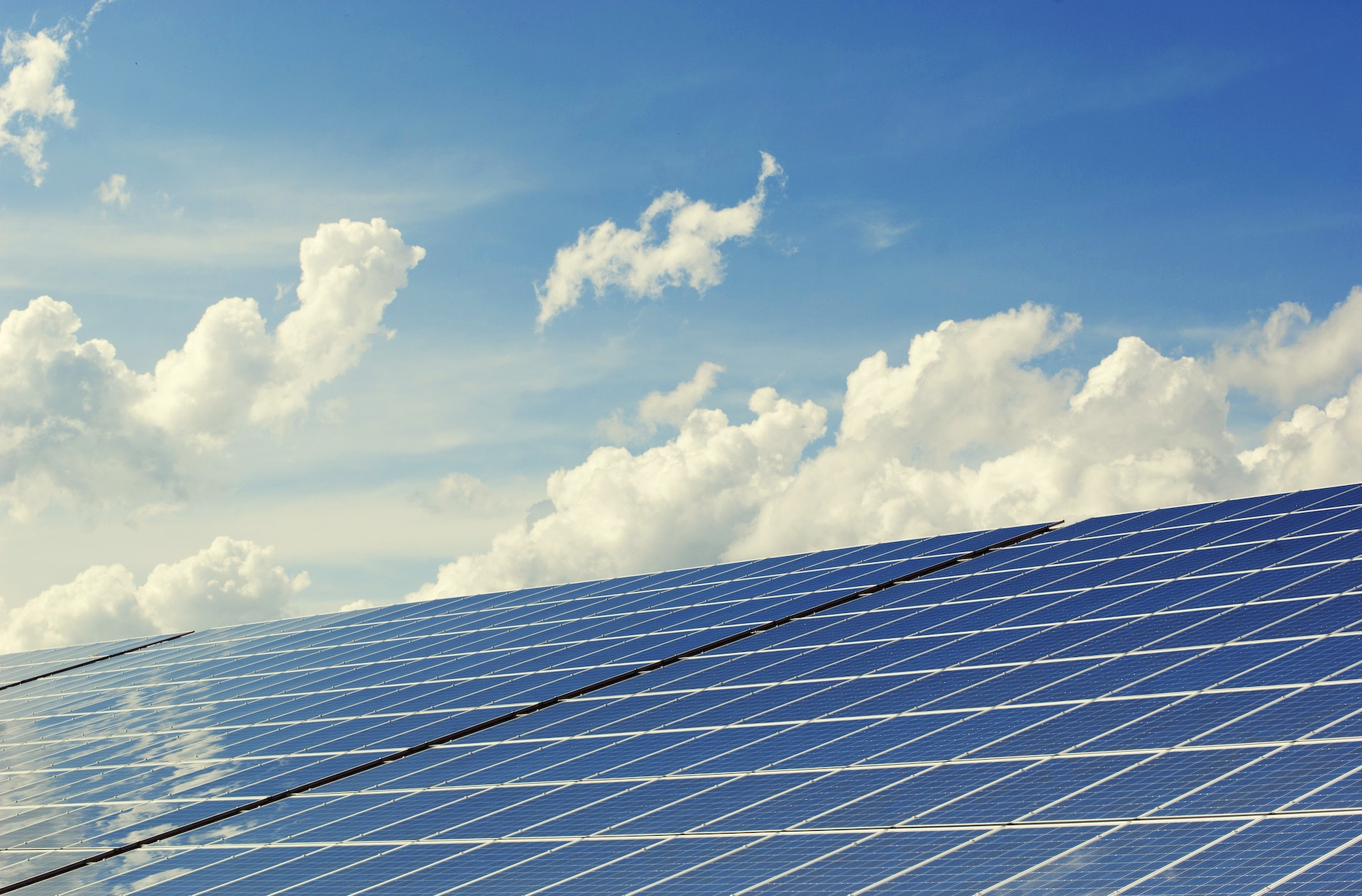How to Choose the Right Solar Panel for Your Home
You’ll need a solar panel if you want to go solar and reduce your residential energy costs. There are plenty of options for choosing the right solar panel for your home. However, some are better than others.
The type of solar panel you choose will impact several things, including how much money you save on your utility bills, how much energy each panel produces, and even how long it will last before needing to be replaced.
To help you navigate through the solar panel removal and installation process, we’ve got the details on what each option offers and which one is best for your home.
Tilt-Based Panels
Tilt-based solar panels work best in locations with low sun intensity. They are designed to track and follow the path of the sun as it moves across the sky throughout the day. Two of the most common tilt-based panels are the single axis and dual axis.
A single-axis panel tracks the sun from East to West, while a dual-axis panel tracks the sun from East to West and North to South. Single-axis panels are less expensive than dual-axis panels but also produce less energy.
Fixed Panels
Fixed solar panels are the most common type of panels. They do not track the sun throughout the day, which means you’ll need to be sure to position them at the right angle to best receive the sun’s energy.
Fixed solar panels are available in both single and dual-axis designs. Single-axis panels have one moving part and track the sun as it moves from East to West. Dual axis panels have two moving parts and track the sun as it moves from East to West as well as North to South.
Kit of Parts Solar Panels
Kit of parts panels is designed to be used in tandem with other solar panels. They are typically smaller than other panels but can be stacked or wired together to produce a larger amount of energy. Kit of parts panels is a good choice for homeowners who plan to add additional solar panels at a later time.
If you decide to go with a kit of parts solar panel, make sure you purchase one that is compatible with your current solar equipment.
Kit of parts panels is also a good choice if you’re replacing an existing solar panel. If a panel goes out, you can simply replace it with a kit of parts panel that matches the current system.
Grow Light Solar Panels
Grow light panels are a hybrid between a fixed panel and a kit of parts panel. They are typically smaller than other panels. And they are designed to be stacked or wired together to produce a larger amount of energy. Grow light panels are a good choice for homeowners who plan to add additional solar panels at a later time.
If you decide to go with a grow light solar panel, make sure you purchase one that is compatible with your current solar equipment. In other words, make sure the panels you choose have the same voltage and amperage rating as the rest of your system.
Grow light panels are also a good choice if you’re replacing an existing solar panel. If a panel goes out, you can simply replace it with a grow-light solar panel that matches the current system. Grow light panels are best suited for growing plants indoors.
Analyzing Factors to Choosing a Solar Panel
The first factor to consider when choosing a solar panel is the wattage of each panel. More wattage means more energy production each month. Wattage is calculated by multiplying voltage by current flow.
Once you know the wattage of each solar panel you’re considering, you’ll need to add all of that information together to get the total wattage for your system. The next factor to consider is the durability of the panels.
Choosing a more durable solar panel will help prevent having to replace it sooner than necessary. Panel durability is typically rated for the amount of Abusement Hours (ah) it can take.
You’ll want to make sure the solar panels you choose have a higher ah rating than the number of hours of sun your area gets per year. The final factor to consider when choosing a solar panel is cost. You can typically find solar panels at every price point.
Enclosure Based Panels
Enclosure-based solar panels are often used in commercial settings. However, they can be used in residential settings as well. Enclosure-based panels are designed to be placed outside but fully enclosed in a protective covering.
This type of panel is typically more expensive than other types of panels. However, they are also very durable and can last up to 25 years.
Key Takeaway
Choosing the right solar panel is crucial to the success of your solar energy system. It’s important to make sure you choose the ones that best suit your needs and location.
That being said, all types of solar panels have their benefits and drawbacks. So, it’s important to consider all the factors when making your decision.



